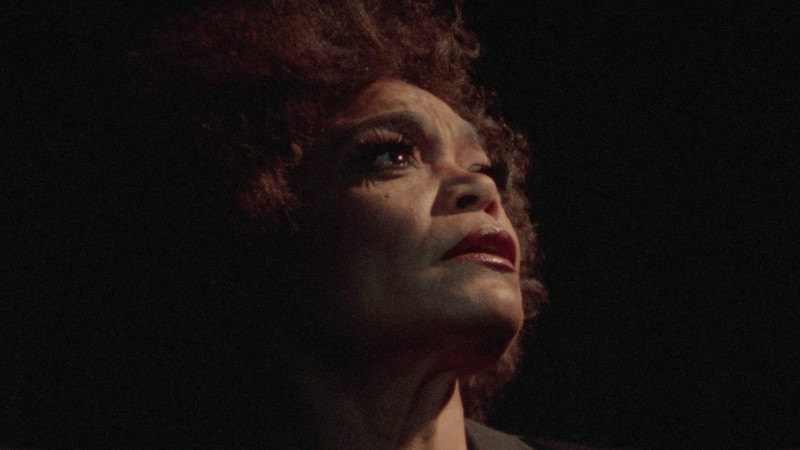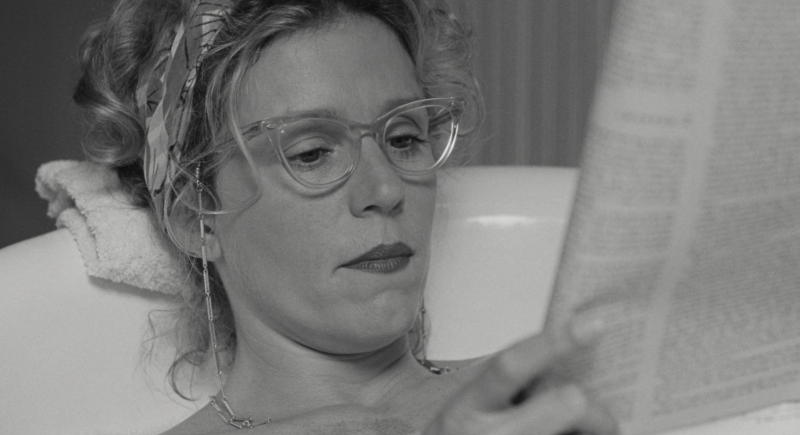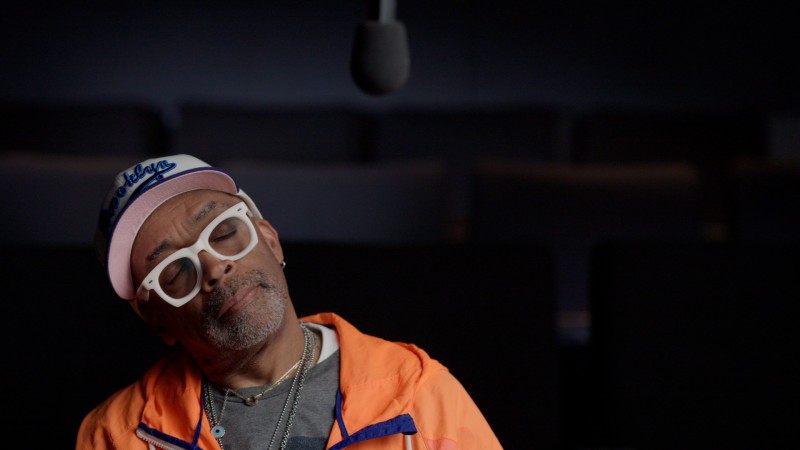I’m All Right Jack and The Organizer: Bread and Roses and a Lot of Laughs
Fifty-five years ago, Esquire movie critic Dwight Macdonald justly complained, “Most of us spend half our life at work . . . but this is the dark side of the moon as far as movies go.” Recently on the Criterion Channel on FilmStruck, we paired a couple of exceptions that prove the rule with the help of two astonishing actors. In the Boulting Brothers’ I’m All Right Jack (1959), Peter Sellers is hilariously incisive as Fred Kite, the chief shop steward in an arms company who leads a wildcat strike that spreads throughout Great Britain. In Mario Monicelli’s The Organizer (1963), Marcello Mastroianni brings off the Chaplinesque pathos and the spellbinding eloquence of Giuseppe Sinigaglia, a.k.a. “The Professor,” who raises proletariat consciousness and instigates a monthlong walkout at a textile factory in turn-of-the-century Turin. Ripe for rediscovery, these marvels of midcentury social commentary offer provocative, bracing, and engaging portraits of the challenges facing organized labor in Western Europe before and after the World Wars. And because of these films’ you-are-there qualities, references that should feel dated—the pop sexuality in I’m All Right Jack and the nascent feminism at the edges of The Organizer—don’t lose any of their zing.
By far the brasher movie, I’m All Right Jack takes us on a headlong tour of worker-management-capital relations in Britain’s welfare state in the 1950s. An ambitious sequel to the Boulting Brothers’ smash military burlesque Private’s Progress (1956), the film gets its title from a piece of Royal Navy slang (“fuck you, I’m all right, Jack!”), supposedly coined by a sailor who boarded a ship from a lifeboat and pulled the rope ladder up behind him, as if all that counted was his own well-being. Rooted in the characters and situations of the source novels by Alan Hackney (the Jack book was originally called Private Life), these Boulting films share a boisterous, edgy amiability.
I’m All Right Jack’s delicious comic setup shows workers and management maneuvering with an excruciating blend of bluntness and delicacy. When Kite, the comedic core of the film, raises questions about an embarrassingly green employee, the company’s personnel director (Terry Thomas) offers to sack the man. But Kite, after consulting with his committee, backs off: “We do not and cannot accept the principle that incompetence justifies dismissal,” he says. “That is victimization.” It’s a triumph of bad faith on all sides. Letting no one off the hook, this movie lampoons unions and broadsides the self-interest of capital and management, the coarsening influence of tabloid media, and the dangers of class- and race-based tribalism.
The film’s Candide-like hero, the impoverished upper-cruster Stanley Windrush (Ian Carmichael), after stints at Oxford and in the Army, struggles to find a proper executive position, then enters the ranks of unskilled labor at Missiles, an arms company run by his roguish uncle Bertie (Dennis Price). There he learns that labor’s proclaimed trinity of dignity, brotherhood, and comradeship relies on workers performing any task at less-than-breakneck speed and pretending that shirkers playing cards are “checking” something or other. Bertie plots to inflame Missiles’ rank and file by setting ambitious new performance goals. (He has engineered a double-dealing arms sale meant to rake in a fortune for him and his pal Coxie—a sublimely sleazy Richard Attenborough—under the table.) After Stanley unwittingly executes part of Bertie’s plan when he demonstrates to an efficiency expert that one man with a forklift truck can outperform a dozen human haulers, Kite swings into action, sending Stanley to Coventry and shutting Missiles down.
As Kite, Sellers achieves a brilliant Dickensian caricature. Brushing his thinning hair back from what he clearly hopes will resemble a Lenin-like forehead, sporting a Hitler moustache and a suit so bulky it seems triple-breasted, he moves inexorably forward, his monomaniac eyes set on high beam. It’s ridiculous yet touching to hear him speak wistfully about the Soviet Union of his propaganda-fed imagination: “All them cornfields and ballet in the evening.” He terrifies owners and management, bores his wife, and mesmerizes the audience while the Boulting Brothers pull off a sly demonstration of how shop stewards became pivotal figures in postwar working life. As Andrew Marr writes in his History of Modern Britain, “they were often younger and more militant people who had filled the power gap during the years when their elders were away. They could get deals for the people around them which were better than national agreements.” Shop stewards had a built-in base because they connected local union members to regional and national headquarters. And in large or complex British companies that employed multiple unions, competition gave shop stewards even more leverage.
Dwight Macdonald compared The Organizer’s portraits of Turin’s proletariat to Jacob Riis’s classic studies of New York’s underclass. Actually, Monicelli and cinematographer Giuseppe Rotunno invest their compositions with so much density and movement that they arrive at something entirely different: a black-and-white tapestry with gritty filigree in every corner, pulsing with graphic and visceral power. This look provides the crux of the film’s excitement. It enables Monicelli to achieve a grimy grandeur while moving freely and easily among his characters.
Monicelli and his cowriters, Agenore Incrocci and Furio Scarpelli (“Age and Scarpelli”), with the participation of Suso Cecchi D’Amico, celebrate solidarity without falling into sloganizing or sentimentality. They succeed because they populate the screen with desperate men and women who clash in custom and personality but come together to demand an hour less in their workday—thirteen instead of fourteen—and a full hour, not a half-hour, for lunch. From beginning to end, the humor grows from the workers’ basic needs and numerous indignities, and throughout, Monicelli plays illiteracy for sardonic laughs. When the workers drop their names in a hat to decide who will blow the factory whistle for a protest, too many just read “X.”
What’s exhilarating about Mastroianni’s Professor is the way he laces himself in and out of the ensemble’s lives. He doesn’t enter the film until twenty-eight minutes in, but from the moment he arrives, we sense his presence even when he isn’t on-screen. Always a versatile performer, Mastroianni stretches his capacities for furtiveness, slyness, clumsiness, and suggestion, while revealing jolting gifts for stem-winding oratory. The Professor has been around fledgling strike movements before—as my grandmother would say, he “knows his customers”—but he can still get carried away. When he lists prospective demands, including five-minute breaks and amnesty for company fines, the Turin plotters regard him as a dreamer. But they come to value his experience and spine. In the climactic scene, the most rousing in Mastroiainni’s career, he delivers an electrifying speech that reaches Shakespearean heights of fluency and sagacity. Like Monicelli, the Professor takes in the sweep of events without losing sight of its participants and their contradictory lives.
The thirteen-hour day, the sixty-minute lunch break, may seem like a bare minimum for union demands. But these small goals create startling tragicomedy and lead to a transcendent movement. When the George Eastman House’s senior curator Paolo Cherchi Usai showed The Organizer in Rochester in 1989, he stated unequivocally that this historical movie was “about contemporary class struggle.” To Usai, it expresses the dream of Italian labor activists in the early 1960s for “a single great labor union” that would join with Christian Democrats, Socialists, and the Communist Party as a united political force.
I’m All Right Jack and The Organizer have faced markedly different receptions through the years. The Boulting film, a smash in 1959, went on to spark a cycle of British films about industrial relations, from The Angry Silence (1960) to Carry on Cabby (1963). However, as late as 1979, the BBC canceled a broadcast of the film because it feared Sellers’s Kite would prejudice viewers against Labour before a general election. Now this fearlessly entertaining movie is underappreciated everywhere outside of England. Meanwhile, The Organizer, a flop even in Italy in 1963, has won pockets of ardent supporters around the world.
Along with their original and indelible takes on the slippery figures of the shop steward and the organizer, both these movies stand out because of their blend of anger and wit. Americans tend to like their tales of working-class heroism and corruption—great ones like On The Waterfront or undeniably earnest ones like Norma Rae and Matewan—to be forthright and stirring. It’s refreshing to see two movies in which shifting moods challenge our expectations and progress is depicted as a one-step-forward, two-steps-backward process.




